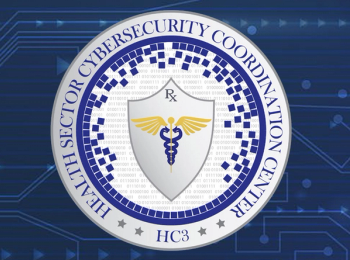
An interview with Change Healthcare's Arien Malec about public health, EHRs and building a better system.

An interview with Change Healthcare's Arien Malec about public health, EHRs and building a better system.

Don’t click on links or attachments unless you’re sure they are legitimate.

Emerging technology helps ensure best practices while reducing costs of care

Rise of telehealth in COVID-19 pandemic reveals flaws, but there’s potential to improve the patient experience.

Patients prefer virtual appointments for common ailments, but question the quality of care

Federal agency outlines potential vulnerabilities in cutting-edge technology.

Population health strategies that offer a holistic approach can be effective in addressing inefficiencies.

Technology can support processes for relief in a tight labor market.

There are interesting differences in the ways patients of varying ethnicities and races engage with technology.

Nearly 90% experienced at least one attack in the past year, at an average cost of more than $1 million per attack

Looking for ways to increase the revenues of your small practice? RPM may be the answer

Technology can help bridge the divide between medical and dental health

HHS develops new measures that could indicate fraud, abuse, or waste.

New study casts doubt on whether scribes ease doctors’ paperwork burden

The need for integrated patient care to help reduce medical errors, a $20B plague for U.S.

Many practices have yet to access the data with the greatest potential to impact patient outcomes and their own financial success.

New technology that fixes the problems of the EHR is the best way to reduce physician burnout



Change comes weeks after company announces acquisition of One Medical primary care practice.

HHS agency warns “vishing,” combining scam emails and phone calls, is on the rise.

Immunization data is the most traded as figures rose in 2019.

Digitization of health care comes at a cost

New ONC report highlights progress, challenges in promoting interoperability

Security experts have been warning health care companies for years that all the connected medical devices are potential vulnerabilities